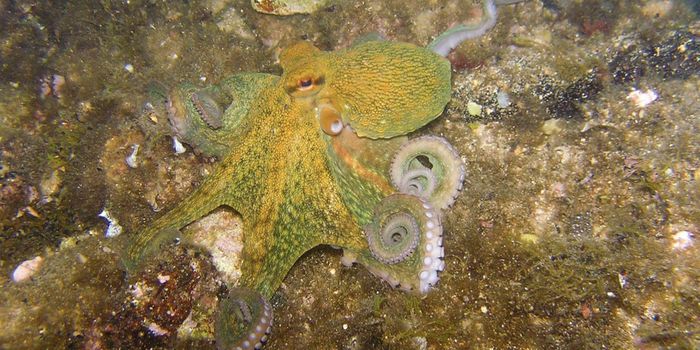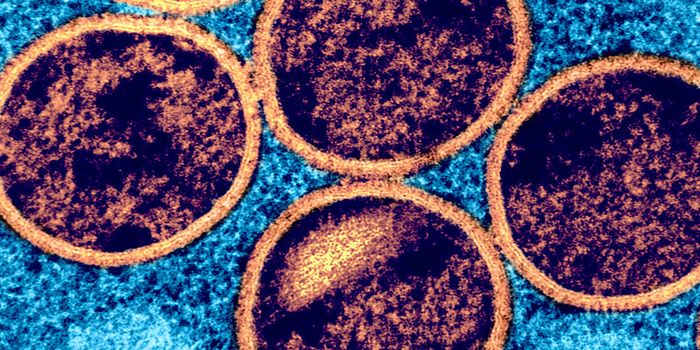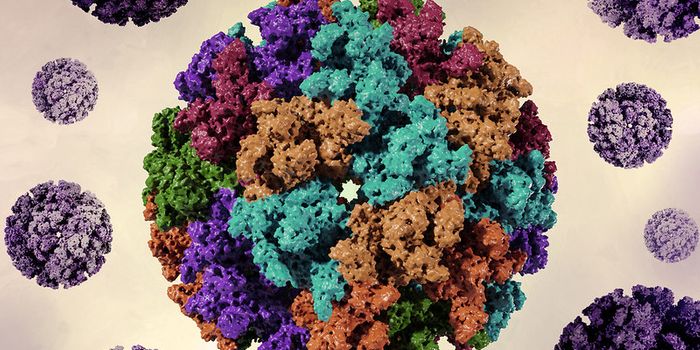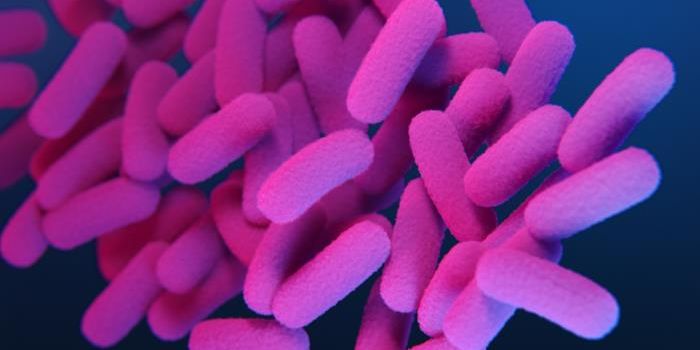Sunflower Seeds Frequently Tainted with Toxin
New research from scientists at Michigan State University (MSU) has found that in the developing world, sunflower seeds are often tainted with a toxin that is made by a common group of molds. The contamination is from aflatoxin, a serious carcinogen that can be very detrimental to human health. It comes from Aspergillus molds, which frequently grow in almonds, corn, peanuts, pistachios, and sunflower seeds. The findings were reported in PLoS ONE and are summarized in the following video.
While the study was performed in Tanzania, this problem is global. Chronic aflatoxin exposure from corn and peanuts results in death for an estimated 25,000 to 155,000 people every year worldwide. In the United States, the Food and Drug Administration has set standards for aflatoxin levels to help protect consumers. Twenty parts per billion of aflatoxin or less is considered to be safe for consumption.
"These high aflatoxin levels, in a commodity frequently consumed by the Tanzanian population, indicate that local authorities must implement interventions to prevent and control aflatoxin contamination along with sunflower commodity value chain, to enhance food and feed safety in Tanzania," explained Gale Strasburg, a Professor of Food Science and Human Nutrition at MSU. "Follow-up research is needed to determine intake rates of sunflower seed products in humans and animals, to inform exposure assessments and to better understand the role of sunflower seeds and cakes as a dietary aflatoxin source."
For this work, the investigators assayed the levels of aflatoxin in sunflower seeds and cakes, which are consumed by both people and animals. They determined that almost 60 percent of the seed samples and 80 percent of the cakes were contaminated with aflatoxin. Knowing the source could have a positive impact on the health of untold numbers of people all over the world.
"Billions of people worldwide are exposed to aflatoxin in their diets, particularly in places where food is not monitored regularly for contaminants," said Felicia Wu, Professor of Food Science and Human Nutrition and Agricultural, Food and Resource Economics at MSU. "Our previous work with the World Health Organization on the global burden of foodborne disease showed that aflatoxin is one of the chemical contaminants that causes the greatest disease burden worldwide."
Wu is the founder of the Center for the Study of the Health Impacts of Agriculture, which aims to understand how farming can impact the environment, human health and nutrition and what influence economics can have. They are also working to learn how malaria is associated with irrigation, and on the problem of antibiotic resistance.
You can learn more about Aspergillus and aflatoxin from the video.









